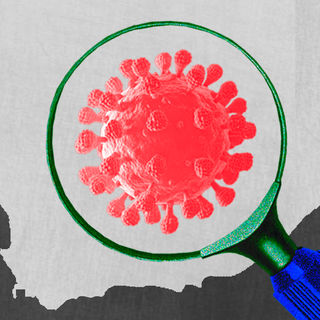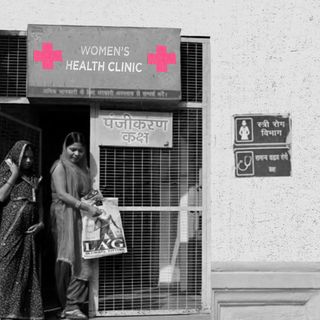The Lok Sabha on Wednesday passed a bill that proposes to create a national registry of reproductive clinics and medical professionals, thus regulating the field of assisted reproductive technology (ART). The Assisted Reproductive Technology (Regulation) Bill, 2020 aims to “prevent misuse” and adopt safe, ethical practices of ART.
“Many such ART clinics have been running without regulation. A need was felt for regulation of such clinics as there are implications on health of those who undertake the procedure,” Health Minister Mansukh Mandaviya said.
The government also claimed that many ART clinics are not registered, and the bill would help set a minimum code of conduct in place. It imposes heavy fines and punishments for those found to be violating the provisions of the bill — specifically, persons found to be involved in trafficking and sale of embryos will face the penalties.
Some members of the opposition also argued that the bill excludes people belonging to the LGBTQ+ community and single men who wish to be parents.
“You talked about LGBT… Dr Kolhe ji also mentioned that LGBT should also get benefits of the same. Obviously, a single woman can take benefit of this… there is no problem,” said Mandaviya, in response to these concerns. “This bill is meant for those who aspire to parenthood. It is for the women to attain motherhood if they so desire,” he added.
Related on The Swaddle:
Single Mothers Conceiving Via IVF Need Not Disclose Sperm Donor’s Name: Kerala HC
Additionally, the bill is meant to draw its powers from the Surrogacy (Regulation) Bill, 2020, which is currently awaiting discussion in the Rajya Sabha. “How can this House pass a law that is depending upon another law?” N. K. Premachandran, an MP from Kollam, pointed out.
Moreover, critics have pointed out that the Surrogacy Bill itself falls short of protecting the bodily autonomy of women and adopts a “needs-based,” rather than a “rights-based” approach. This means that the bill isn’t framed around the intent to safeguard the rights of an individual but rather, responds to a generalized need.
The ART bill isn’t too different. “India has over the years become one of the major centres of this global fertility industry, with reproductive medical tourism becoming a significant activity… However, there is yet no standardization of protocols and reporting is still very inadequate,” the bill states, in its introduction.
In response to this, the bill claims to safeguard the rights of donors, the commissioning couple, and children born out of ART, according to Live Law. For instance, it allows married women with at least one child who is a minimum of three years of age to donate oocytes. No similar provision is specified for semen donors. The age cap for the provision of ART services, further, is 55 years for men and women.
Further, the bill provides that a child born out of ART will be considered the natural-born child of the “commissioning couple,” and that donors relinquish all parental rights over them once born. It also allows for counselling for the couple and woman, informing them of the risks, expectations, and implications of ART procedures. Further, it mandates written consent of all parties.
The provisions of the bill, therefore, are a mixed bag. The health minister’s statements also imply that the bill is meant to serve traditional notions of motherhood, and is thus restricted in its scope both in terms of rights and inclusivity.
As stated in its introduction, further, there is indeed a global fertility “industry” — but rather than centering the rights of those involved, however, the approach appears to be regulatory in nature. There are hardly any provisions in the bill, for instance, which explicitly safeguard the rights and bodily autonomy of donors.
While the Surrogacy Bill will arguably serve this purpose, the language of the ART bill in question is not in terms of autonomy and reproductive rights, but installs a bureaucratic apparatus to ensure a smoothly operating fertility industry.




